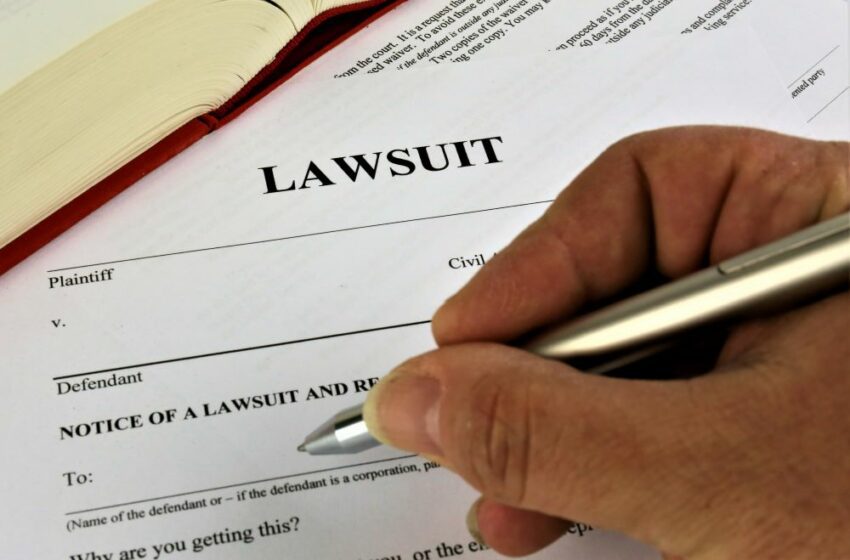The lawsuit seeks civil penalties and an injunction. Read More
Tags :lawsuit
Philip Morris International (PMI) and British American Tobacco (BAT) have sued the British government over plain-packaging legislation passed in March. The law, which would take effect from May 2016, requires cigarettes to be sold in packages Read More
Ukraine has suspended the legal proceedings it brought against Australia through the World Trade Organization (WTO) in 2012, which claimed the country’s plain-packaging laws were trade-restrictive. Instead, the Eastern European nation—which received financial support Read More
Three of Canada’s tobacco giants began their defense Monday against a $27-billion class-action lawsuit in Montreal by calling a witness who said the dangers of smoking are no secret. Historian and professor Jacques LacoursièRead More

